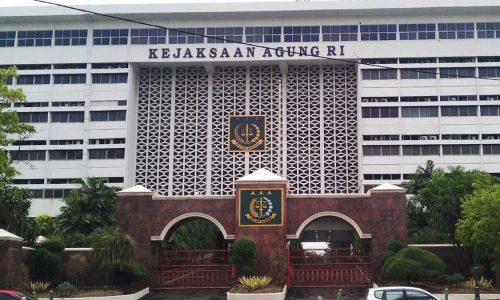Indonesia plans to relax export regulations for manufactured products to counteract declining exports, a significant factor in the nation’s recent economic slowdown.
A sharp drop in prices of Indonesia’s primary commodity exports has led to a significant decline in export activity, impacting the country’s economic growth.
To address this, the government is preparing a policy regarding the relaxation of export regulations as stated in the Finance Minister’s Regulation (PMK) concerning manufactured products.
According to Airlangga Hartarto, the Coordinating Minister for Economic Affairs, the government’s policy includes allowing the manufacturing sector, which traditionally exports the majority of its products, to sell more domestically, surpassing the typical 50% limit set by the PMK.
Airlangga Hartarto added that the government has coordinated with the Ministry of Industry to revise existing regulations to implement these relaxations effectively, with the aim of stimulating exports.
This decision comes in response to data from the Central Statistics Agency (BPS), which reported a 4.94% economic growth in the third quarter of this year.
In annual terms, this figure is lower than the second quarter’s 5.17% economic growth and significantly lower than the same period last year when it stood at 5.73%.
Analyzing expenditure components, exports recorded a negative growth rate of -4.26% in the third quarter of this year, while imports also contracted by 6.18%.
The export performance in the third quarter was even weaker than the previous quarter’s -2.97%, representing a substantial decline compared to the robust 19.41% growth reported in the same period last year.
The decline in export of non-oil and gas products, including mineral fuels, fats, animal or vegetable oils, and electrical machinery or equipment, has significantly contributed to the contraction, as explained by Amalia Adininggar Widyasanti, Acting Head of BPS.









